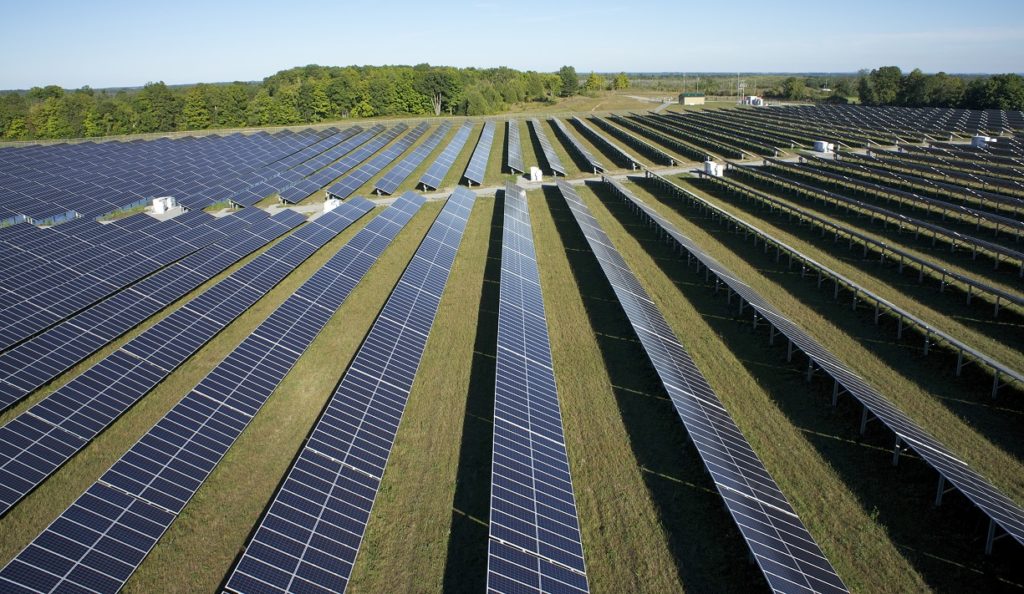
The Canadian Government has released a document outlining its intentions for the country’s energy transition away from carbon generation.
The Powering Canada Forward document calls for collaboration between provinces, states, and Indigenous communities with the Federal Government to decarbonise Canada’s electricity sector by 2035 and reach Net Zero emissions by 2050. Anticipated responses to the call will inform the government’s first Clean Energy Strategy, due to be released in 2024, it said.
Unlock unlimited access for 12 whole months of distinctive global analysis
Photovoltaics International is now included.
- Regular insight and analysis of the industry’s biggest developments
- In-depth interviews with the industry’s leading figures
- Unlimited digital access to the PV Tech Power journal catalogue
- Unlimited digital access to the Photovoltaics International journal catalogue
- Access to more than 1,000 technical papers
- Discounts on Solar Media’s portfolio of events, in-person and virtual
Or continue reading this article for free
The document prioritises grid expansion and development. It says that investments in excess of CA$400 billion (US$298 billion) will be needed to replace old grid infrastructure and expand the transmission network to facilitate Canada’s electrification.
Provinces and territories in Canada are primarily responsible for their own electricity networks and infrastructure, but the document said that partnerships with the Federal Government would share the cost of transition upgrades through financial commitments. In March, in its Budget 2023, the government announced tax credits for domestic renewable energy production, investments, manufacturing and transmission.
As of the most recent budget, the government has committed CA$40 billion in various forms to support clean energy.
Jonathan Wilkinson, minister of energy and natural resources, said: “This vision document, Powering Canada Forward, illustrates how, working together, we can build out a clean grid at a pace and scale needed to fight climate change, create good sustainable jobs and secure our economic prosperity for generations to come.
“This is a truly transformational, nation-building project that will require active, positive collaboration with provinces, territories, municipalities, Indigenous communities, utilities, labour, industry and all Canadians.”
Last week, the Alberta Utilities Commission announced a 6-month moratorium on renewable energy project approvals following appeals from state municipalities that raised concerns over land use, particularly in relation to agriculture. The Canadian Renewable Energy Association said that the pause was a ‘mistake’ and endangered the state’s market which had been going from strength to strength, accounting for 75% of Canada’s clean energy additions last year.
UK-owned asset manager Low Carbon announced a joint venture earlier this month to establish a 600MW solar PV portfolio in Alberta.
